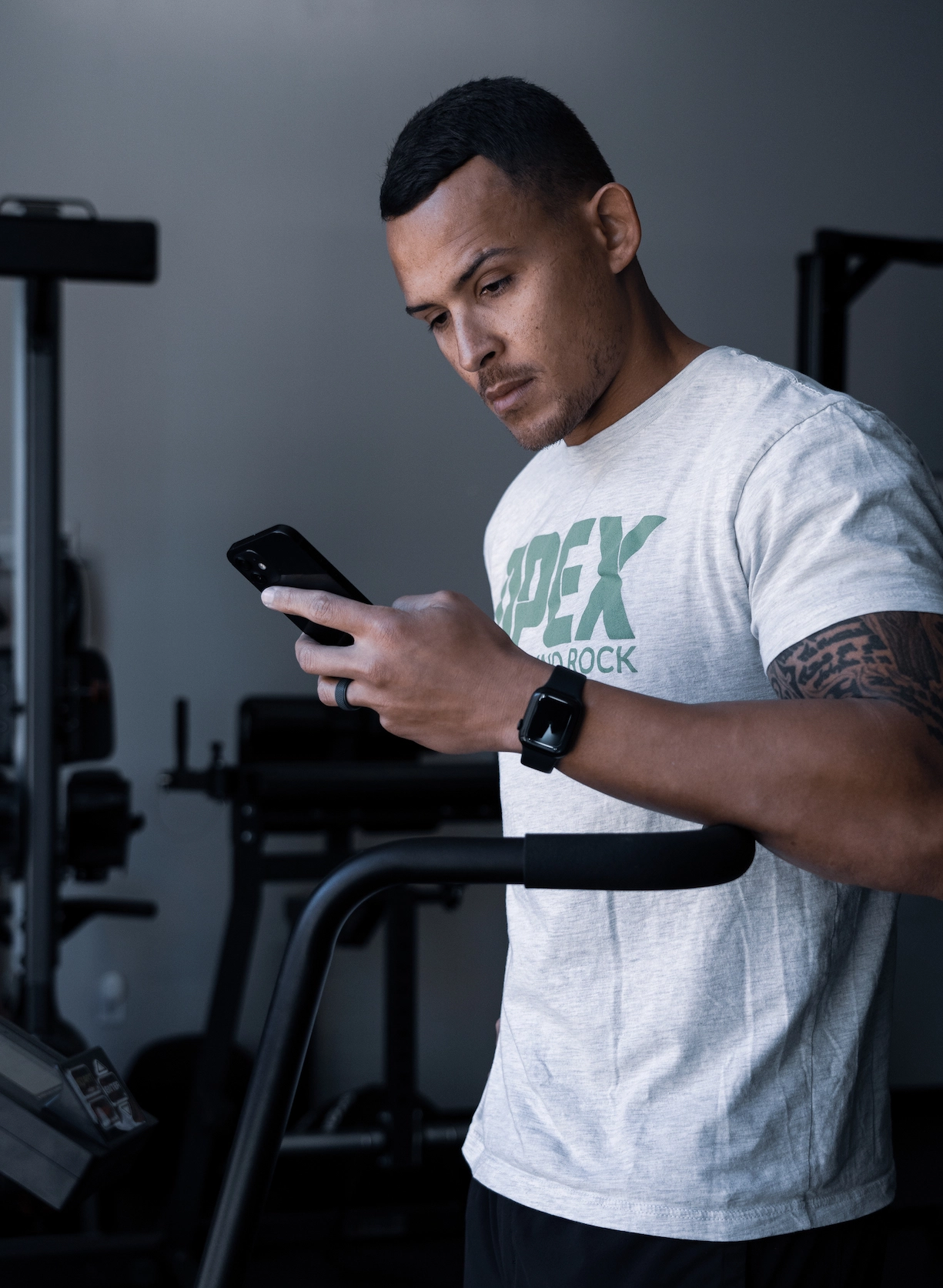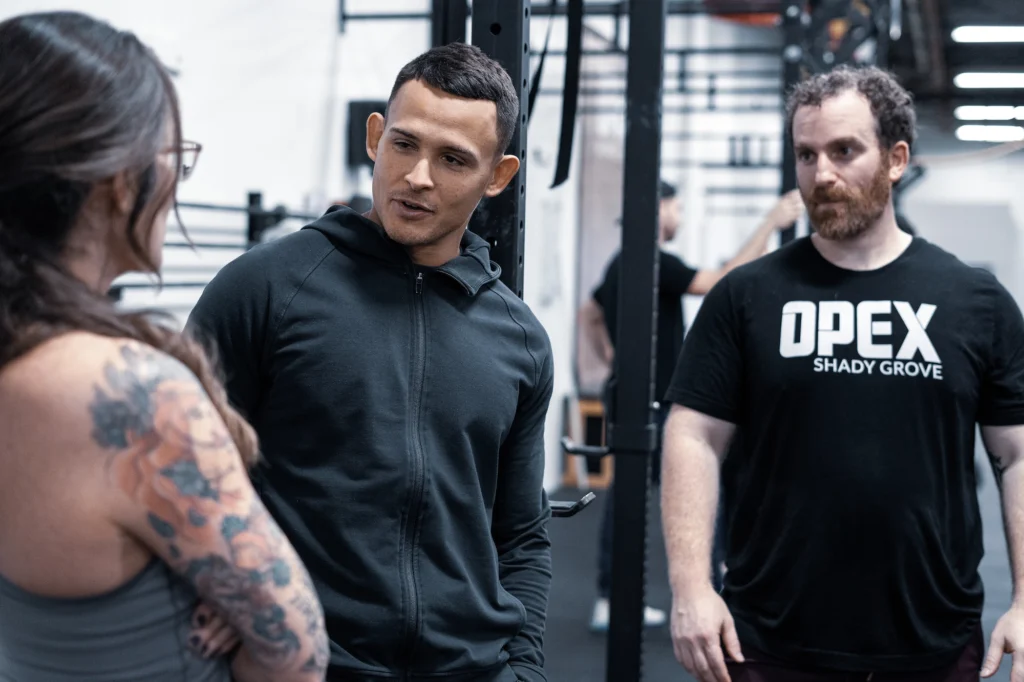Coaches Corner With Carl Hardwick: How Fitness Coaches Can Leverage AI

The rise of AI has spurred apprehension among fitness coaches, but these perceived threats can be turned into opportunities
More and more, we’re seeing AI technologies infiltrating just about all industries. I remember back in 2018-2019, the talk was all about AI taking over blue-collar jobs like factory workers, truck drivers, etc. Now, we’re seeing AI technologies being built that are becoming a major threat to white-collar workers such as attorneys, copywriters, and customer support staff.
If I were one of those white-collar workers, I’d ask myself, “How can I leverage this technology to make me more efficient and effective at my job?”
With change comes fear, and the integration of AI in fitness coaching has indeed spurred apprehension among coaches. But what if I told you that these perceived threats can be turned into opportunities for growth, productivity and increased client satisfaction?
In this article, I will discuss threats that AI brings and how we can turn these threats into opportunities.
Threat #1: AI Will Make the Coach Useless
AI is continuously evolving, with capabilities that are increasingly impressive, and some fear it will render human coaches obsolete. But let’s take a moment to leverage this perceived threat.
As fitness professionals, our task isn’t merely prescribing workouts. At the heart of our profession is the art of coaching—the relationship we cultivate with our clients, and our ability to motivate, align, empathize and understand their unique needs and goals. That’s where we shine.
AI, on the other hand, can handle the more analog tasks such as tracking client progress, analyzing data or even generating exercise, lifestyle, and nutrition designs based on client inputs. By allowing AI to handle these aspects, we free up our time to focus on the human element—building rapport, understanding motivations and adjusting prescriptions based on each client’s individual circumstances.
The machine can’t replicate this human touch. So like we’ve done for our entire existence, let’s look at how we can use technological advancement to our advantage.
Threat #2: Clients Using AI Apps and Not Needing a Fitness Coach
With the rise of AI-powered fitness apps, some fear that clients will abandon human coaching altogether. But let’s examine the facts.
As of today, 42% of the American population is obese, 120 million Americans have metabolic syndrome and 90% check at least one of the five metabolic syndrome markers. These staggering numbers exist despite the advancements in knowledge, understanding and availability of fitness.
In reality, most individuals need more than just an algorithmic workout plan. They need guidance, alignment, and personal touch—the irreplaceable attributes a human coach provides. So instead of worrying about AI apps taking our place, let’s focus on providing what AI cannot—the human component of fitness coaching.

Threat #3: Ignoring AI
The notion of completely ignoring AI and sticking to traditional coaching methods is tempting for some. After all, many of us think, “I am better, It cannot do what I can do.” While these assertions may hold some truth, coaches that learn to use AI effectively will create great efficiencies in their practices.
Embracing AI technology can streamline many aspects of our coaching practice. AI has the potential to augment our capabilities rather than replace them.
AI is only as effective as the way we utilize it. One practical way to master AI is by becoming an effective prompter—someone who knows how to input appropriate commands or questions to generate useful outputs. Resources like the Prompts Daily newsletter can be a great starting point to improve this skill and one that I’ve found very helpful over the last few months.
The latest ChatGPT model (4.0) is capable of answering complex questions, recognizing and responding to emotions in text and includes complex problem-solving functionalities. If we can master the art of prompting AI, we can harness its potential to elevate our coaching practices.
AI is not a threat to fitness coaching if we understand how we can leverage it in our own practices; rather, it’s a tool—one that we can harness to enhance our potential, increase our efficiency and ultimately better serve our clients. By focusing on the unique value we provide as human coaches and leveraging AI for what it’s good at, we can stride confidently into the future of coaching.
See Carl’s previous column here.
Carl Hardwick, CEO of OPEX Fitness & CoachRx is a strong advocate for bringing honor to the coaching profession and raising the value of all fitness coaches. He lectures frequently about program design, business systems, and building a sustainable coaching career. Follow him on Instagram @hardwickcarl and OPEX Fitness on YouTube



